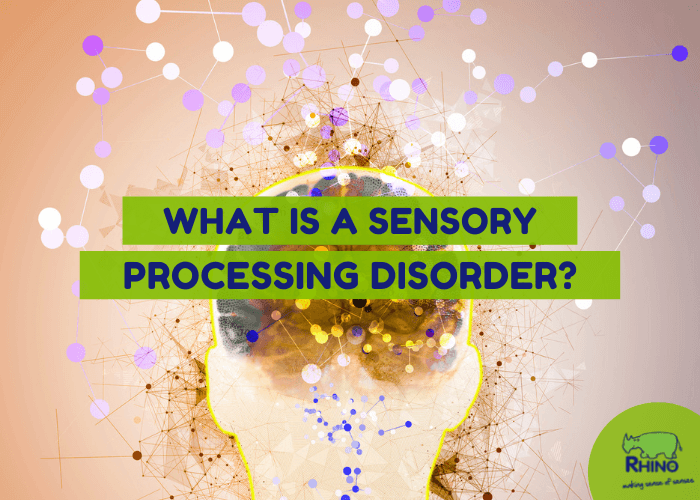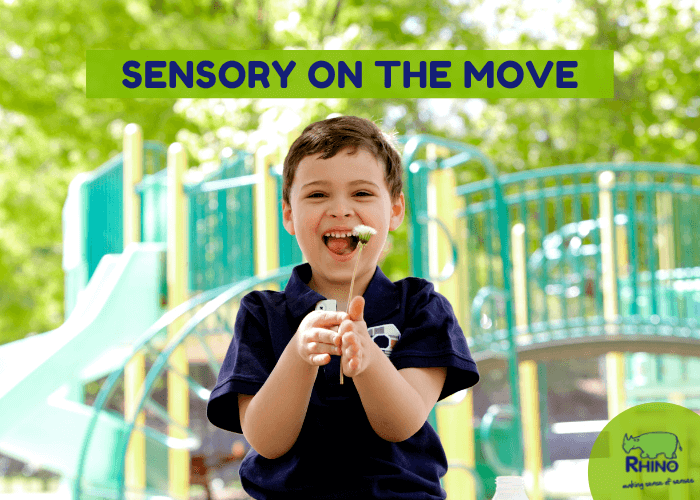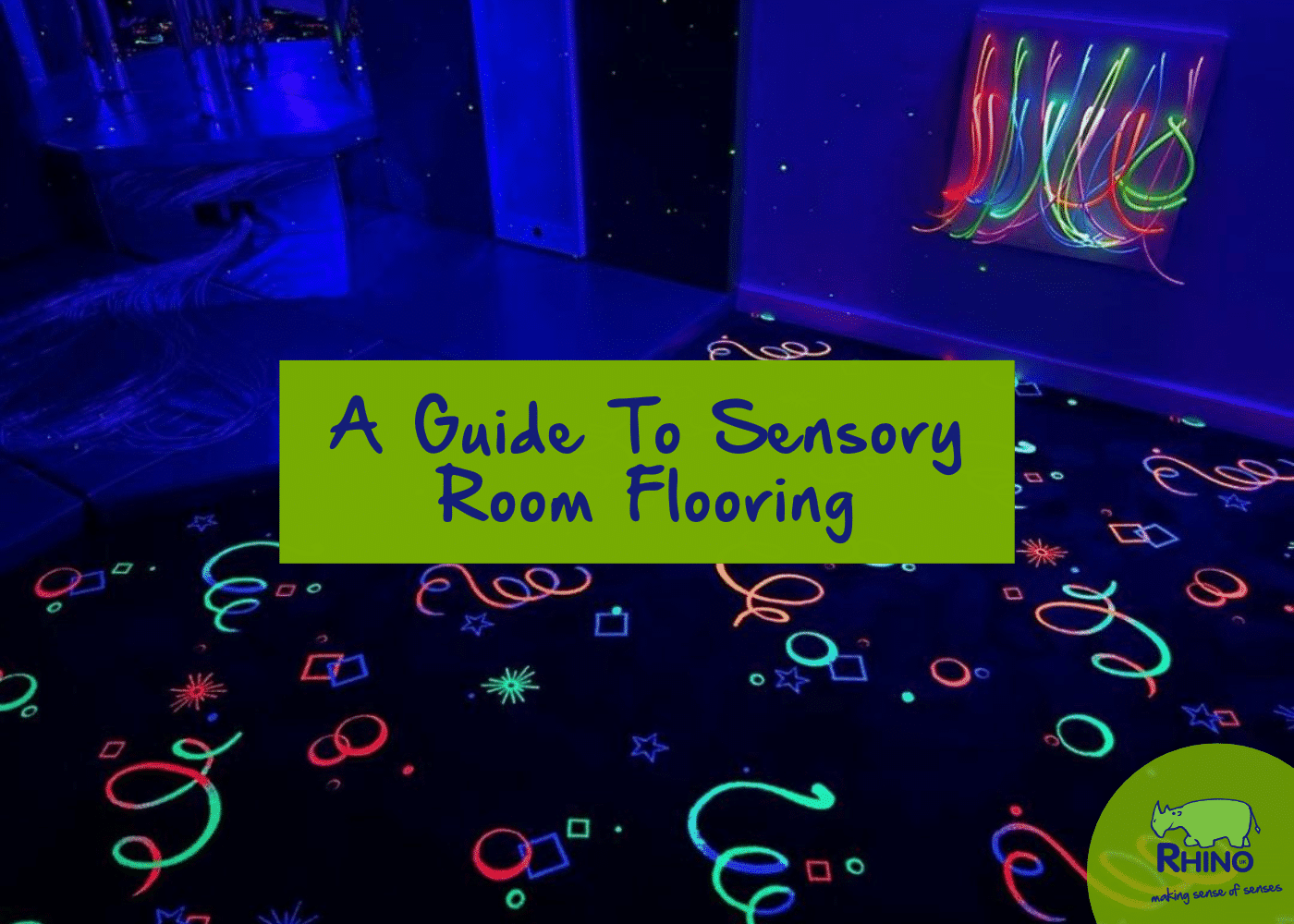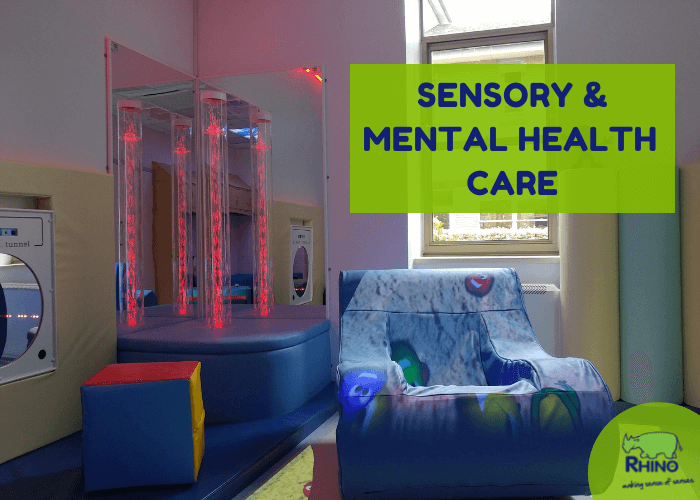A Sensory Processing Disorder is a mental condition that affects how your brain receives signals from your senses.
People with sensory processing disorders may find themselves oversensitive to sights, sounds, textures, flavours, and other sensory inputs, making everyday experiences overwhelming. They might even lead to a Sensory Overload when their brain feels overstimulated by the sensory information around them.
Sensory Overloads are not too dissimilar to an anxiety attack. If you’re experiencing a sensory overload, it’s best to take yourself to a quiet, calm area, so your senses can balance out and restabilise.
Sensory processing disorders affect children and adults alike and negatively influence their social, personal, and professional lives.
Luckily, there are lots of things you can do to manage your sensory processing disorder. Carry on reading to find out.
What are the main signs of a Sensory Processing Disorder?
Are you Hypersensitive or Hyposensitive?
Hypersensitive people are likely to have an extreme response to sensory inputs that pass by neurotypical people, whether that’s noticing sounds that other people may not; reacting negatively to being touched, even by people that they know; or excessively worrying about their safety in large crowds.
Hyposensitive people lack sensitivity to their surroundings. Because of this, they can be very active, constantly on the move to seek sensory stimulation; they might feel a need to touch their surroundings, including people, which can sometimes come across as inappropriate to others. Hyposensitive people can also have issues with personal space and come across as a little clumsy and uncoordinated.
Maybe you’re both.
Some people with sensory processing issues show signs of both hypersensitivity and hyposensitivity and can behave in one or both of the following ways:
- An extreme response to a change in environment. Someone may be comfortable in a familiar environment, but if they are taken to a new place or their routine changes, it could cause a ‘meltdown’.
- Fleeing from stimulation. Hypersensitive people may try to escape over-stimulating environments and move towards a space that’s familiar and calming.
What skills can be affected?
People with sensory processing issues have difficulty processing sensory information, which can quickly become frustrating and confusing. It can be a struggle to adjust to new surroundings, prompting feelings of stress and anxiety; because of this, it can take longer for people with sensory processing issues to settle into new activities or situations.
Those who are under-sensitive may avoid touching and handling objects, which can consequently impact their motor skills development.
Over-sensitive people can have difficulty socialising if they feel anxious or irritable around other people. Whilst under-sensitive people may be too rough or full-on with others, making others feel uncomfortable and could, unfortunately, lead that person to be excluded from school.
Poor self-control is another issue a person may face when they feel overstimulated or anxious; they may have trouble controlling their impulses, leading to random outbursts of behaviour, like running off or throwing something.
How can I help someone with a Sensory Processing Disorder?
Helping somebody with a sensory processing disorder is no easy task. It’s not something that can be controlled, managed, or changed; it needs to be supported.
Thankfully, there are lots of ways you can support someone with a sensory processing disorder to help make them and their life easier. Here are a few ideas to try and help:
- Research to learn about sensory processing disorders, so you can identify their signs and can recognise patterns or triggers in their behaviour.
- Knowing and understanding patterns means that you can try and put things in place before meltdowns occur, making situations less stressful or scary.
- Provide opportunities for them to socialise with others in a space where they feel safe and comfortable enough to join in with activities with other people. Multi-Sensory Rooms or a simple sensory space (a quiet space in a shed/tent, for example) are great environments to encourage this.
- Develop a conversation about feelings of anxiety or stress so that when they’re feeling uncomfortable, they feel confident to let you know. You can then act and move them to a space where they feel comfortable, reducing the risk of a meltdown.
- Use your knowledge to try and prevent over-stimulating situations. For example, if noise can cause your child to feel anxious, try not to fire up the lawnmower or use the vacuum cleaner when they are around.
- Never feel alone. There are lots of resources available to help you and your child with their sensory processing disorder.
Sensory Resources for Hypersensitivity
- Cocoon: This is a great resource to create a small, safe place.
- Squeeze Machine: Being tightly held can be calming, comforting and give a sense of security to the user.
- Ear Defenders: Reduce the sound level if your child suffers from sensory overload.
- Weighted Blanket: Create a calming effect with our range of weighted blankets.
Sensory Resources for Hyposensitivity
- Therapy Balls: A wide variety of sensory therapy balls and fidgets to encourage calming and relaxation.
- Therapeutic Sensory Toys: to encourage sensory stimulation.
More information on Sensory Processing Disorders:
- Sensory Processing in Young People with a Learning Disability and/or ASD, Royal Chesterfield Hospital CAHMS Unit.
- Sensory Processing Issues Explained, Child Mind Institute.



